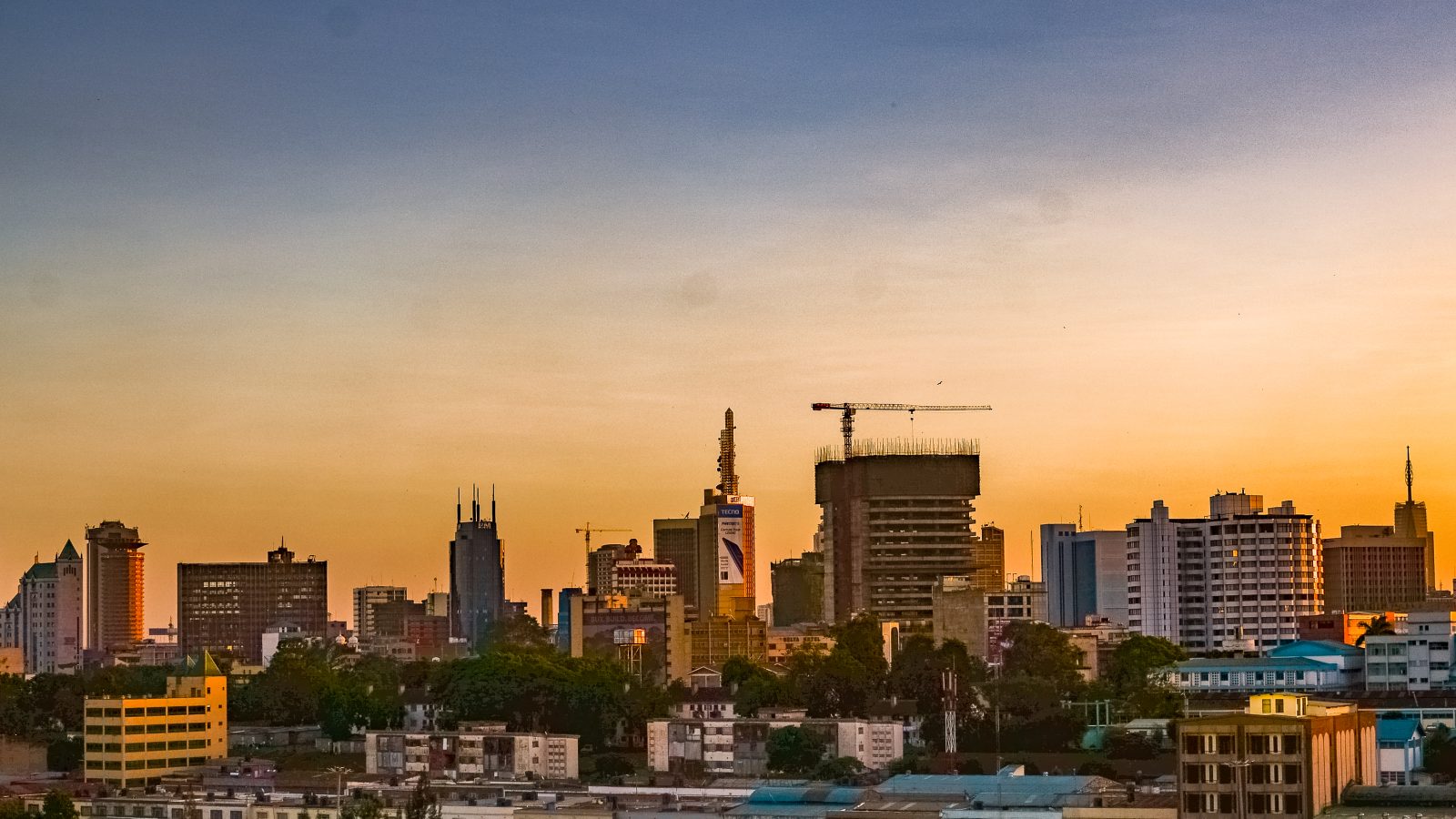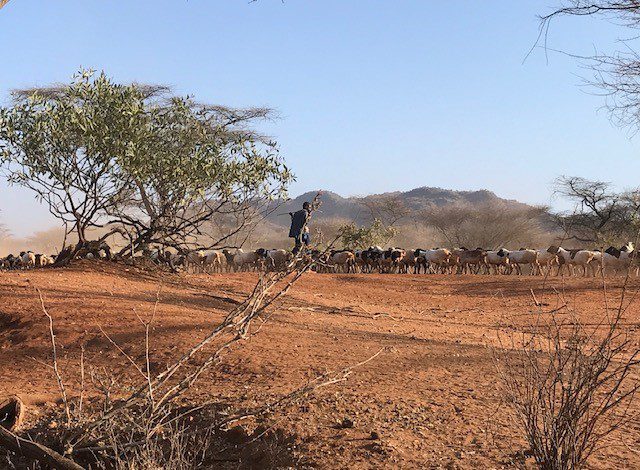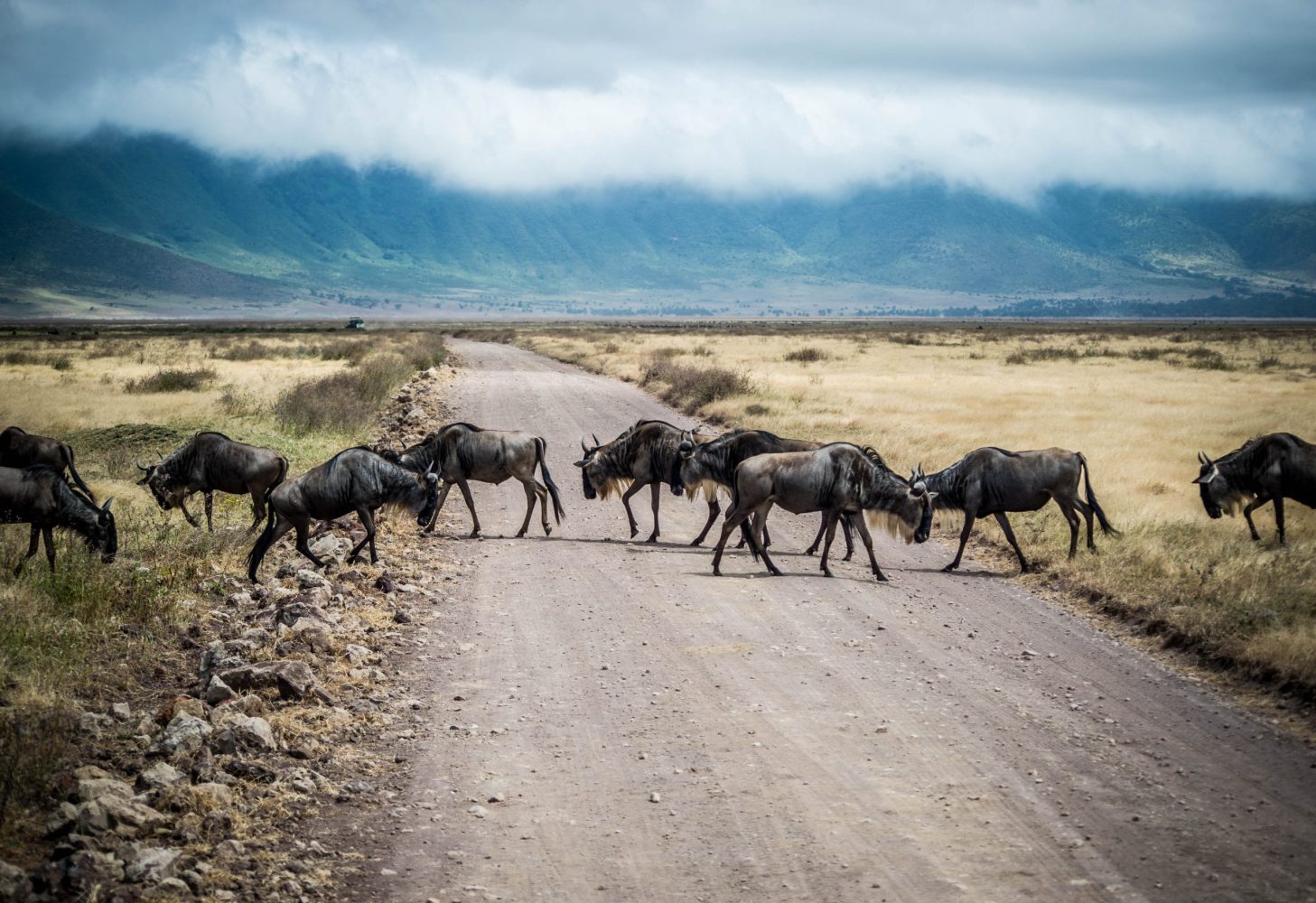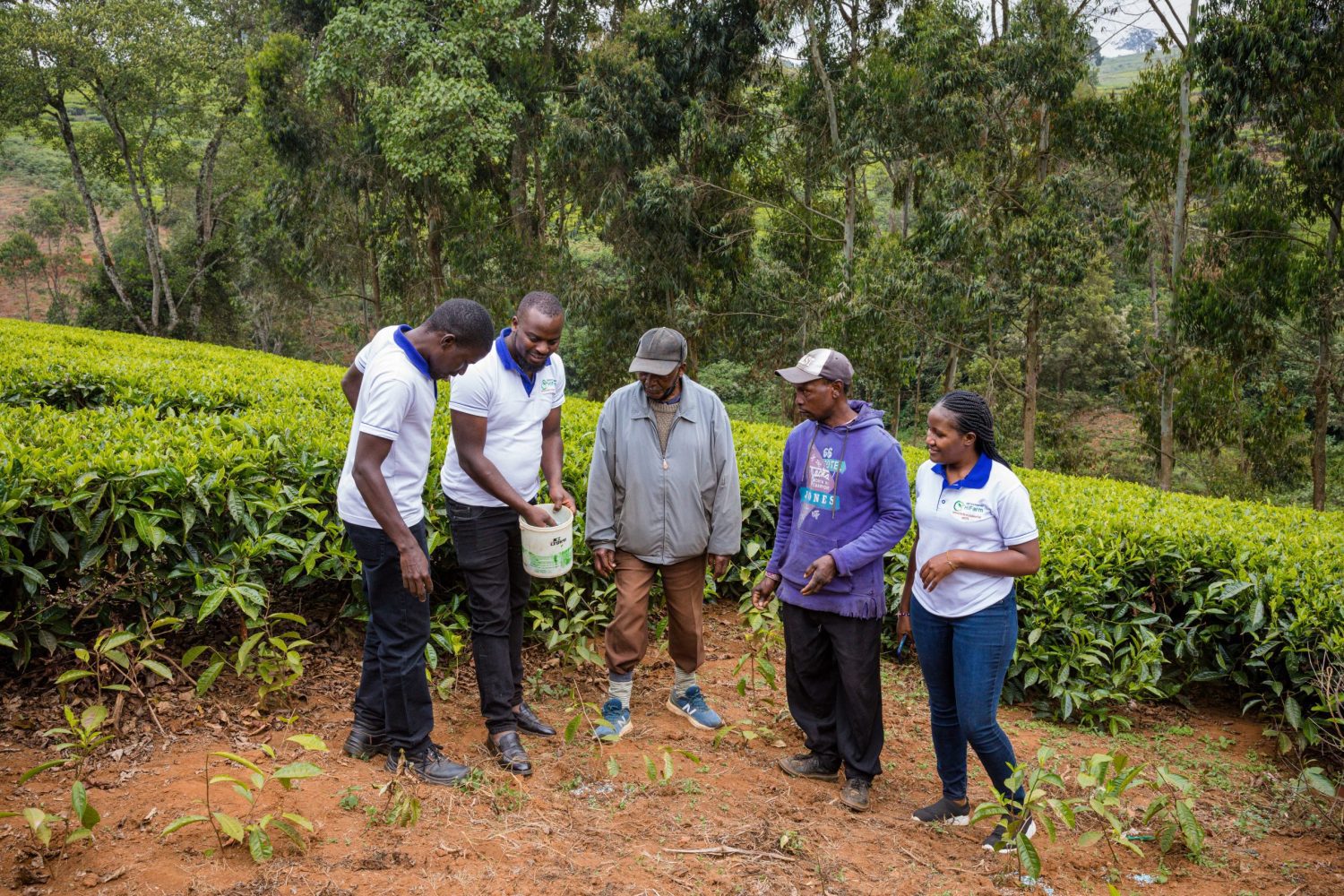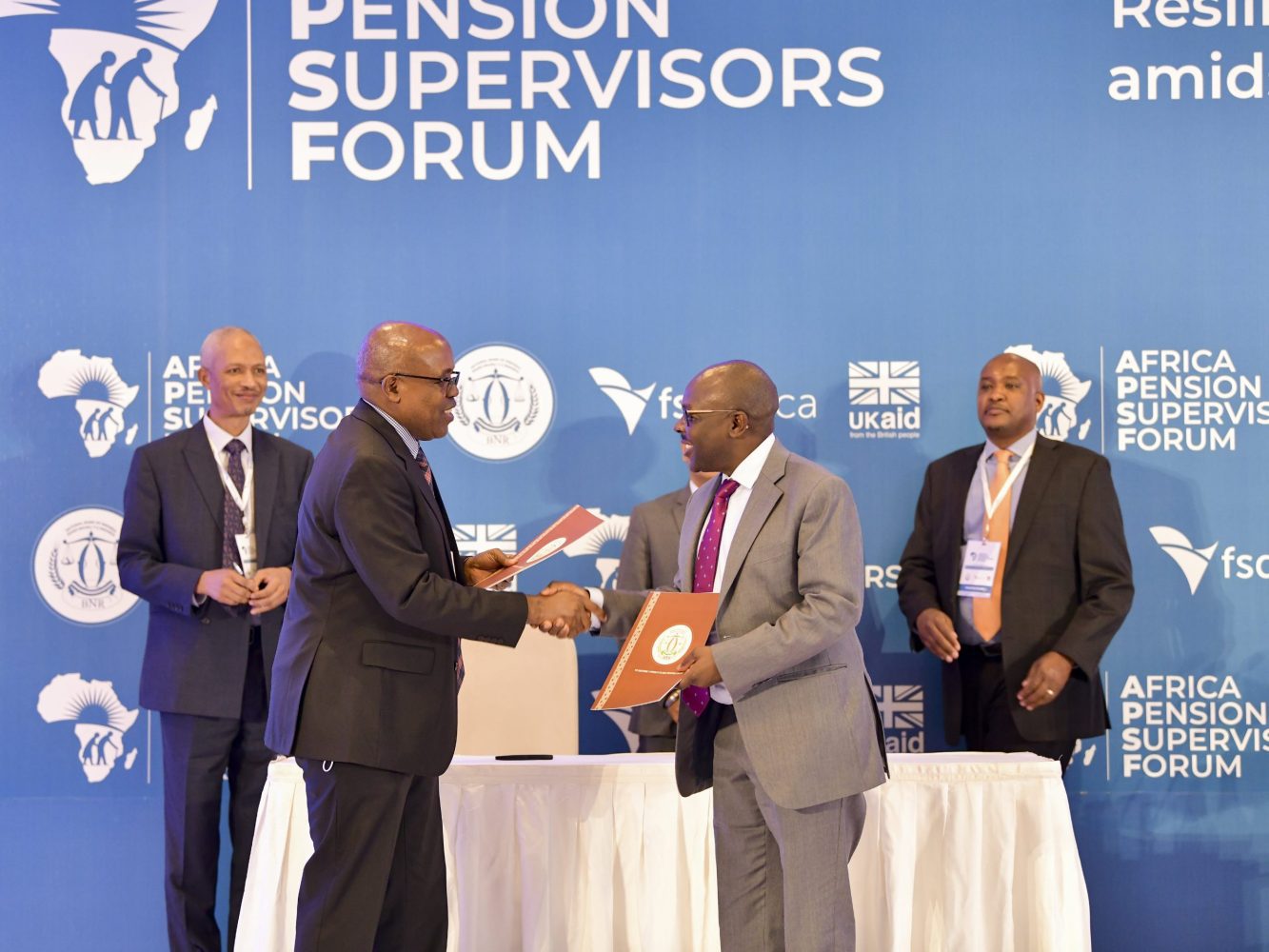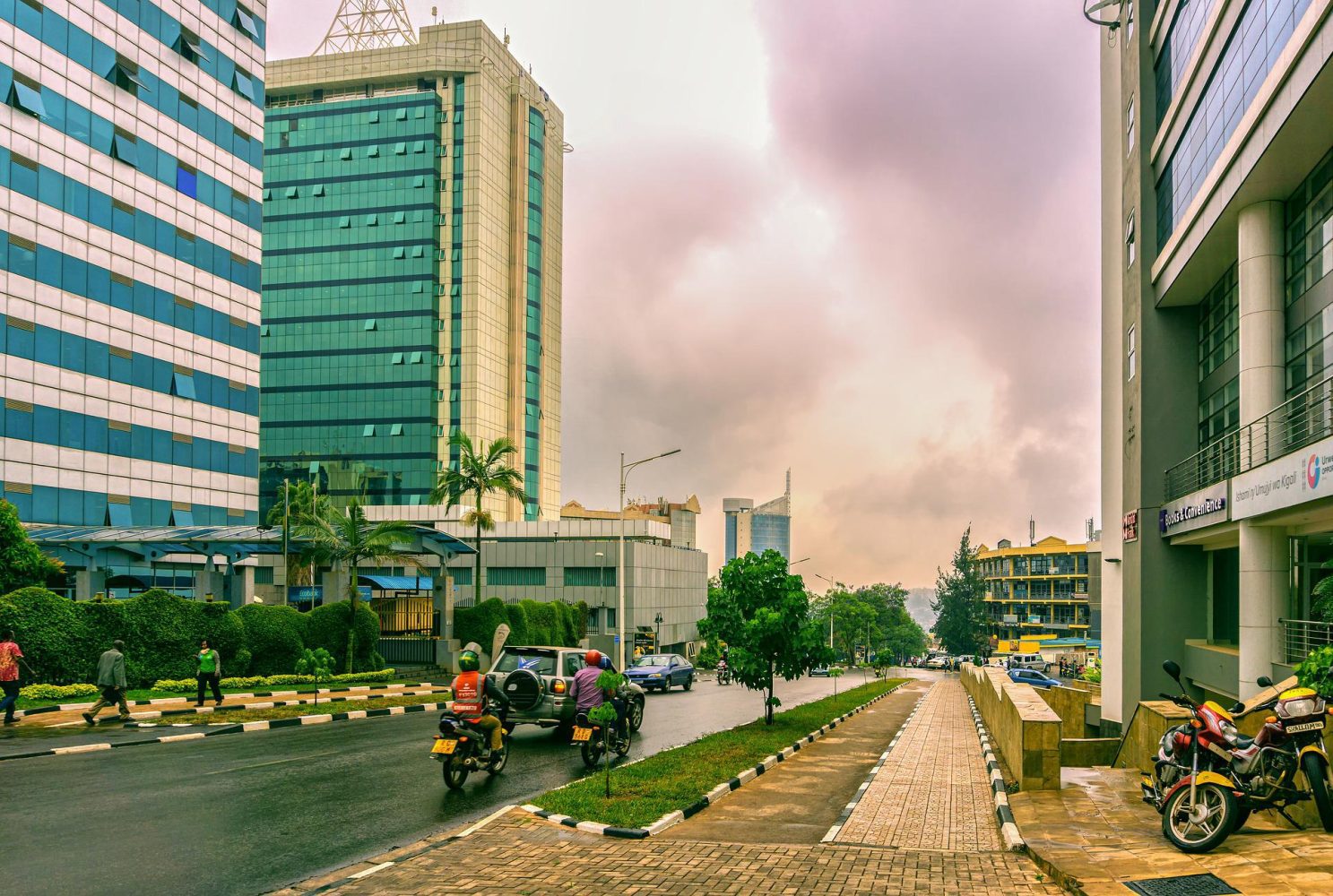Across Africa, economic growth and development have gained significant momentum in recent years. But with growth comes a challenge: building and funding the infrastructure to support it.
Where will the funding for Africa’s new infrastructure come from? This remains a crucial question. One solution that offers great potential is pension funds: a vast pool of long-term capital that could be channelled towards infrastructure, with a focus on climate change adaptation.
The importance of infrastructure
Infrastructure is the backbone of any thriving society, enabling connectivity and access to services. In Africa, better infrastructure is pivotal to progress – building bridges that connect communities, power plants that illuminate cities, schools that nurture young minds and hospitals that save lives. But the scale of infrastructure development required across the continent is substantial. And this means a significant amount of funding is needed.
Harnessing pension funds
African pension funds have grown rapidly in recent years, accumulating substantial capital. Instead of letting this money sit idle, pension funds could invest a portion of it in infrastructure projects.
With their long-term outlook and stable cash flows, pension funds are well suited for investing in projects that require longer periods of time and large amounts of resources – as many infrastructure projects do.
Win-win scenario
When pension funds invest in infrastructure, it creates a win-win situation. Infrastructure investment entails improved transport, better energy access and upgraded healthcare facilities, which all contribute to economic growth and enhanced quality of life for people in the region.
In addition, infrastructure projects generate long-term revenue streams, like toll fees from highways or electricity sales from power plants, providing pension funds with steady cash flows, and supporting future retirement payments.
Nigeria and South Africa
Several African countries have already begun to recognise the value of investing pension fund assets in infrastructure:
- Nigeria: The Nigerian Sovereign Investment Authority has used pension assets to finance key infrastructure projects, including roads, power generation and healthcare facilities. These investments have greatly improved connectivity and quality of life for many Nigerians.
- South Africa: The Public Investment Corporation has been vital in financing infrastructure projects, including renewable energy initiatives. These investments are contributing to South Africa’s sustainability goals and fostering a greener future.
Covid recovery and sustainable investment
The Covid-19 pandemic has severely impacted Africa’s economy, but the recovery effort has provided an opportunity to prioritise sustainable infrastructure investments. By allocating a portion of their portfolios to infrastructure projects, pension funds can help drive economic recovery while ensuring long-term returns. In Ghana, for example, the Social Security and National Insurance Trust has been actively investing in infrastructure projects to support the country’s recovery efforts.
Climate change resilience
Africa is particularly vulnerable to the effects of climate change. This is an important consideration when financing new infrastructure. Pension funds can help the continent build a climate-resilient future by prioritising investments in renewable energy, climate-smart agriculture and resilient urban planning. In Kenya, for example, the government has invested in a number of renewable energy projects, like geothermal power plants. This not only helps to fight climate change, but also provides sustainable energy solutions for the country.
Building a sustainable future
African governments, supported by international organisations like the World Bank and the African Development Bank (AfDB), have already implemented recovery plans that emphasise infrastructure as a key strategy to stimulate growth and improve the lives of ordinary Africans. Continuing this momentum and recognising the potential of pension funds to finance infrastructure, will be essential for Africa’s financial development.
As African nations continue to grow and evolve, the deployment of pension funds in infrastructure projects stands as a beacon of sustainable development. These investments will do more than build roads, power plants, and hospitals; they will weave a fabric of connectivity, opportunity, and stability that will endure for centuries.
